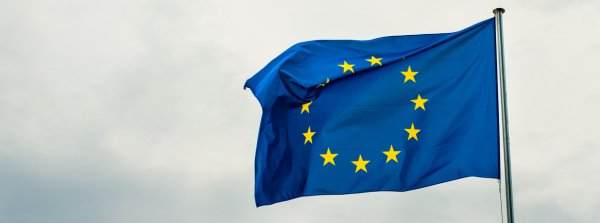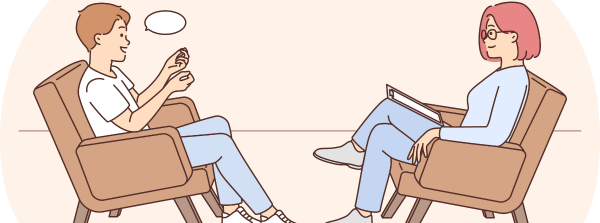The international strategy of our University:
- Strengthening existing contacts, cooperation and exchanges with institutions abroad, both within and outside the European Community.
- Expanding international cooperation by including new partners from EU countries, especially from among its new members.
- Developing cooperation with partners from outside the EU, especially from Central and Eastern European countries.
Partners for cooperation are selected on the basis of activities within the framework of education and research areas similar to those carried out at our University.
The most important goal of our activities related to students' trips is to offer them further opportunities to exchange academic, practical and cultural experiences.
We plan:
- to include 3rd degree students in the exchange program, as our doctoral studies are relatively new;
- to encourage the participation of part-time students in the Program;
- to introduce internship trips.
As far as incoming students are concerned, we plan to expand our offer of subjects in foreign languages - especially in the fields of psychology, sociology and art education, which have recently been operating at our university.
UNESCO Scholarship
Every year we host 15 UNESCO scholarship holders. They are usually doctoral students and young academics, who carry out individual programs with us during their stay lasting from 2 weeks to 2 months.
UNESCO Summer School
We plan to continue the annual Summer School for students and young academics from universities in the new member states and non-EU countries. The Summer School program is focused on research in education and psychology. Some participants include the Summer School in their individual study program.
Staff mobility
As far as staff mobility is concerned, the most important goal is to exchange research ideas and results of research projects, conduct teaching activities, establish formal contacts with colleagues abroad, encourage joint research and educational projects, and seek educational opportunities for non-academic staff.
We are planning to increase the number of incoming staff and we would like to improve the system of selecting guests and potential mentors in our university based on common areas of interest.
New mechanisms are also being developed to support employees in their application for funds at the National Science Centre and the National Centre for Research and Development.
Visiting Professors
We would like to expand our Visiting Professors program, which offers remuneration, accommodation and care of a local mentor. Guests conduct classes in foreign languages, which are offered to exchange students as well as to local students who would like to improve their professional and language skills.We are currently working on a preparation:
- subjects with short didactic cycles, available for foreign students, in the field of special pedagogy, psychology, and Janusz Korczak's pedagogy;
- international joint doctoral program;
- opportunities for remote education for people from Polish communities living abroad.
International projects
Our University participates as a partner in 2 international research and implementation projects, financed by the European Union, which will result in an educational package for professionals in specific fields covered by the project. We plan to continue our involvement in implementation projects, which link the university with practice in the field. Good candidates for such projects are students and employees who participated in the exchange within the Programme in connection with their broader professional and cultural experience.
CREAN
We are also a partner in the new Consortium Agreement: Children's Rights Erasmus Academic Network - CREAN, which includes 37 participants from Member States and countries outside the EU. This will be a valuable experience for us, because we have not participated in this type of project so far.
Study visits
We plan further projects as part of study visits. They offer local and foreign participants additional opportunities to expand their professional competence and establish international contacts, and are related to the mobility of students and employees. In the future we plan to launch more joint degree programmes, multilateral projects and thematic networks.
Student exchange
As far as the areas of reform defined in the Agenda for the Modernisation of Higher Education are concerned, our participation in the Programme will not result in an increase in the number of graduates, as the number of students in our university is limited by the regulations imposed by the Ministry of Science and Higher Education. Our goal is to improve the quality of education and research. We are convinced that the participation of our students in the Program will give them flexibility, knowledge and the most important, easy-to-transfer competences necessary to succeed in working in highly qualified professions in Poland and abroad. We will encourage the launch of more and more subjects in foreign languages and develop joint studies to improve the quality of education of Polish and foreign students.
We assume that the experience gained by students participating in the international exchange will significantly contribute to the implementation of the strategy of combining higher education with the needs of the labour market. This is the spirit of the initiative of our students, who recently founded the 'Business Incubator'. This initiative is entirely financed by the authorities of our university. Some exchange students choose business subjects at partner universities to complement their professional education in their field.
Internships
We plan to launch internship trips in order to strengthen the link between the academy and the surrounding world, especially with institutions in local communities, including schools, kindergartens and clinics. Wherever possible, we invite foreign teachers coming as part of the exchange to field classes, and we include the visiting students in internships and hospice classes.
Bilateral Agreements
We will carefully analyze current bilateral agreements from the point of view of their suitability for the needs of our students and employees; we will look for new partners, especially in areas where the exchange should be increased - psychology, sociology and art education.
 PL
PL


